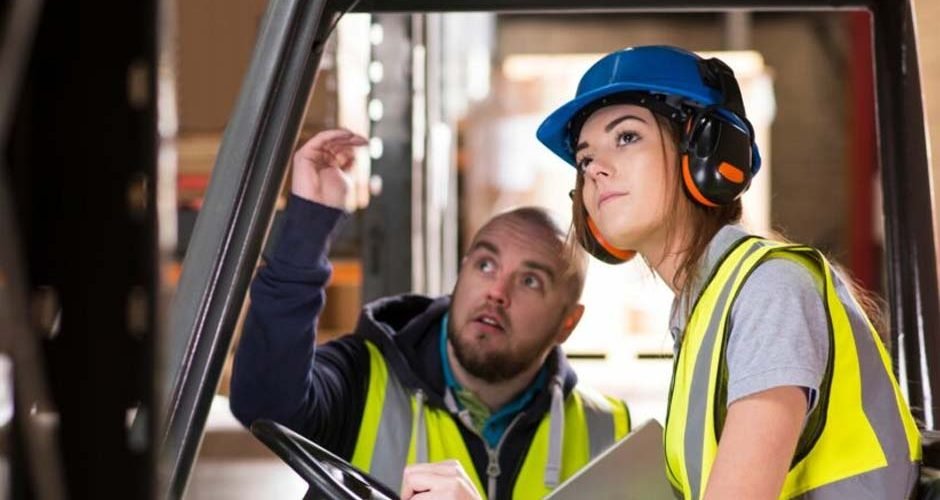America relies heavily on forklifts to facilitate the movement and transportation of heavy loads across numerous industries. With approximately 855,900 forklifts in operation across the country, it is crucial to prioritize safety measures. Operating a forklift without proper training and certification can have dire consequences. This listicle will delve into the significance of individual Forklift Certification in America and its role in ensuring a safe work environment.
Table of Contents
Compliance with Occupational Safety Regulations
Forklift operations are subject to strict safety regulations imposed by regulatory bodies such as the Occupational Safety and Health Administration (OSHA). Individual forklift certification ensures that operators are knowledgeable about these regulations and are capable of adhering to them. By obtaining certification, forklift operators demonstrate their commitment to safety and contribute to maintaining a compliant workplace.
Enhanced Operator Competence
Forklift certification programs provide comprehensive training on various aspects of forklift operation, including safety procedures, load handling, and maneuvering techniques. Certified operators have the knowledge and skills to handle different loads, operate in confined spaces, and navigate challenging terrains. Their competence significantly reduces the risks associated with forklift accidents, such as collisions, tip-overs, and improper load handling.
Risk Mitigation and Accident Prevention
Forklift accidents can result in severe injuries, property damage, and even fatalities. Individual forklift certification is vital in mitigating these risks and preventing accidents. Certified operators are trained to identify potential hazards, assess risks, and take appropriate preventive measures. Their understanding of forklift stability, load limits, and safe operating practices minimizes the likelihood of accidents, ensuring the well-being of the operators and those working in the vicinity.
Increased Efficiency and Productivity
Forklift operators with proper certification are more efficient and productive in their tasks. Certification programs teach operators how to optimize their workflow, utilize correct load-handling techniques, and make informed decisions while operating the forklift. By adhering to safe operating practices, certified operators minimize the chances of accidents and damage to goods, leading to reduced downtime and higher productivity levels.
Reduction in Workplace Costs
Forklift accidents can have significant financial implications for businesses. They may lead to costly medical expenses, property damage repairs, legal liabilities, and increased insurance premiums. By prioritizing individual forklift certification, companies can effectively reduce these costs. Certified operators are less prone to accidents, resulting in fewer insurance claims and lower expenses associated with workplace injuries.
Improved Equipment Maintenance
Certified forklift operators are trained to operate the equipment safely and perform basic maintenance tasks. Forklift repair South Bend, IN services are readily available to support certified operators in their efforts to keep the equipment in top shape. They are familiar with routine inspections, lubrication requirements, and identifying signs of potential mechanical issues. By incorporating equipment maintenance into their responsibilities, certified operators help ensure that forklifts are in optimal working condition, reducing the risk of malfunctions and accidents caused by equipment failure.
Confidence and Professionalism
Individual forklift certification instills confidence in operators and enhances their professionalism. Certified operators understand the importance of maintaining a safe work environment and take pride in their expertise. Their certification validates their skills and dedication, instilling trust among colleagues, employers, and customers.
Conclusion:
Individual Forklift Certification in America is critical to maintaining a safe and efficient workplace environment. Compliance with safety regulations, enhanced operator competence, risk mitigation, increased productivity, and reduced costs are among the key benefits of certification. By investing in proper training and certification programs, companies can ensure the well-being of their employees, protect their assets, and create a safety culture. Remember, safety should always be the top priority for forklift operations.





